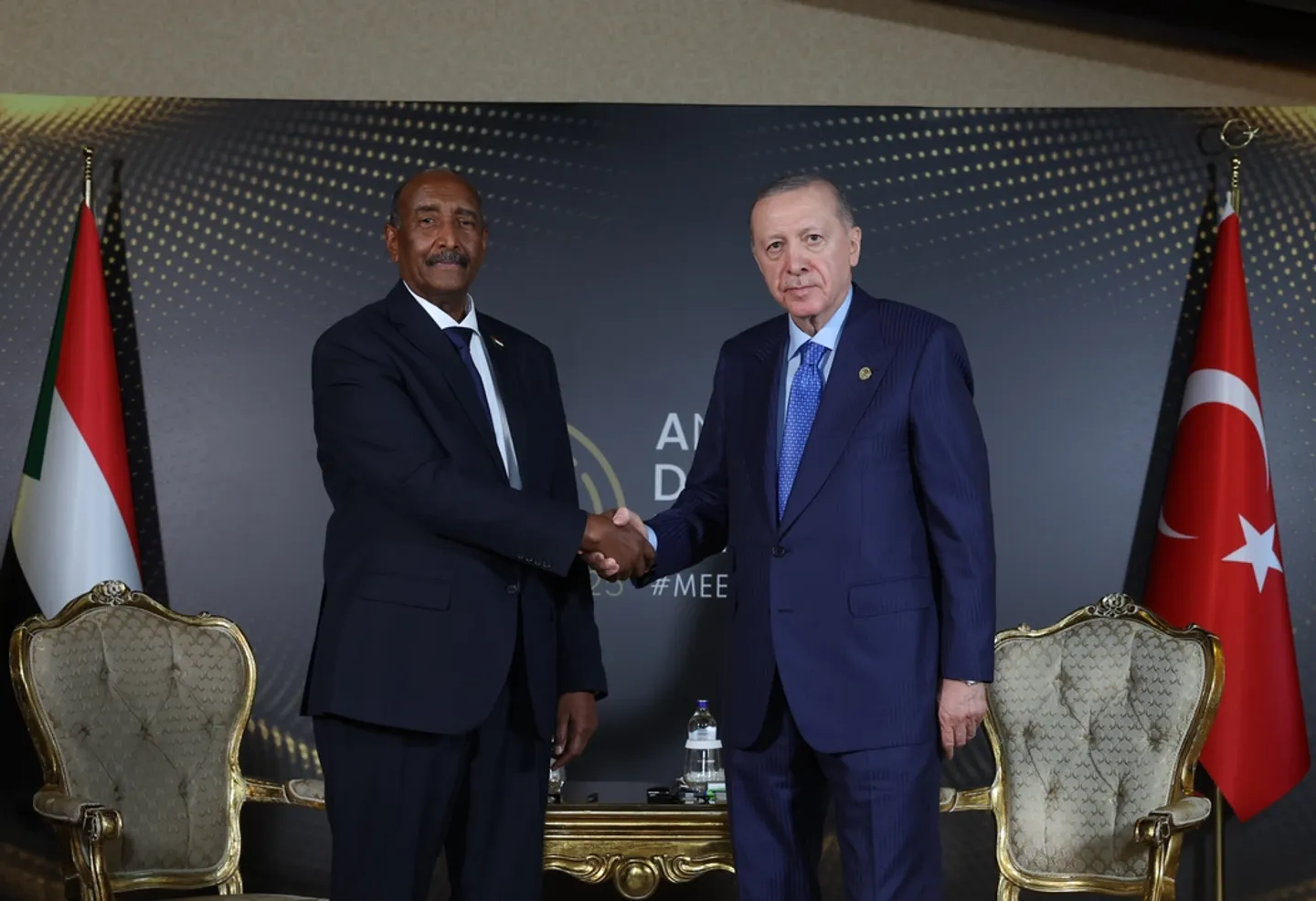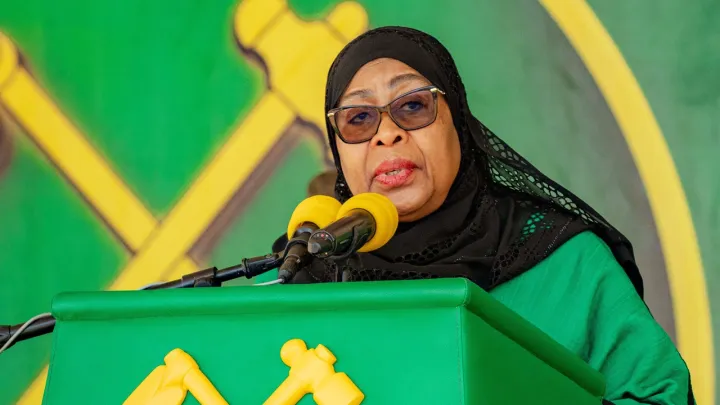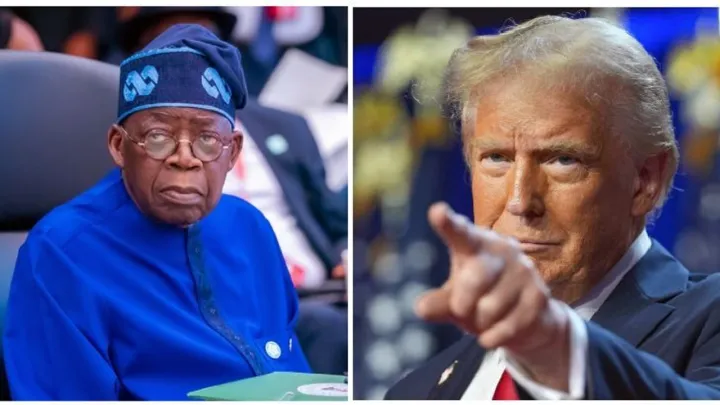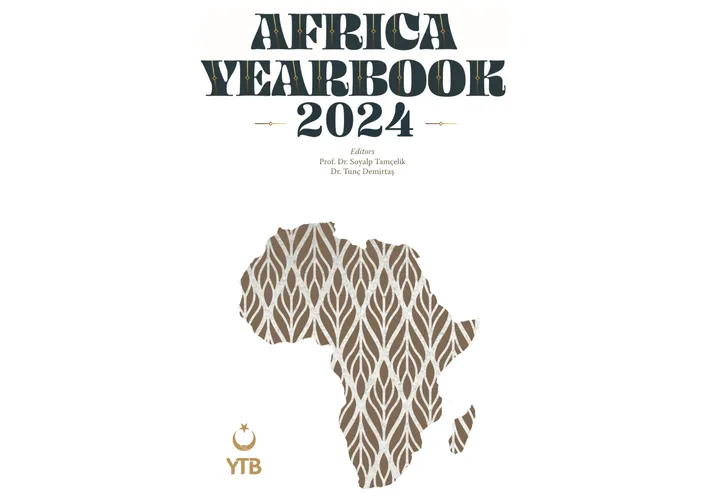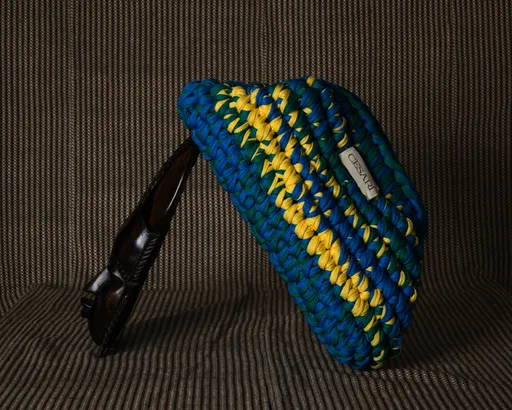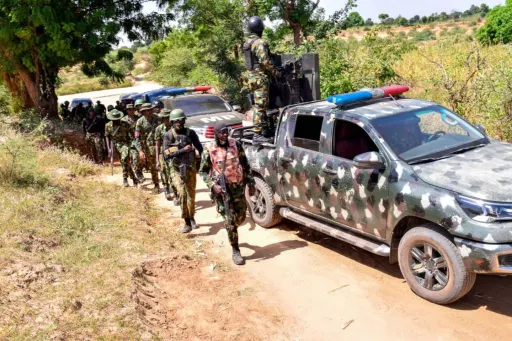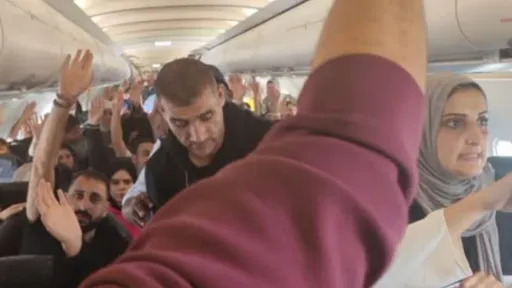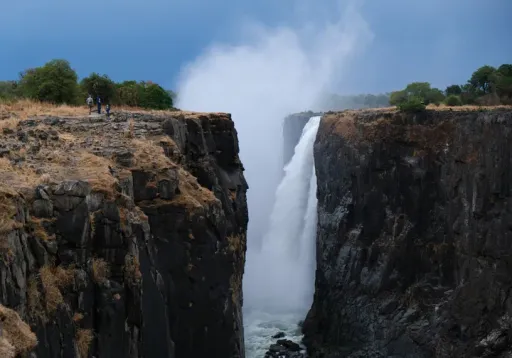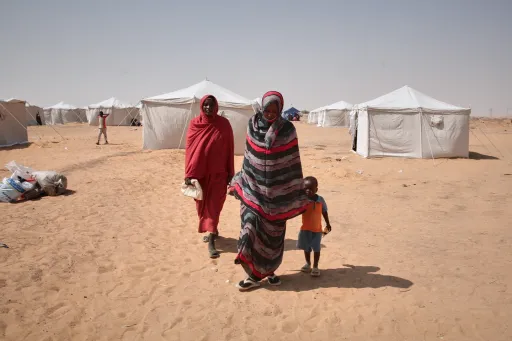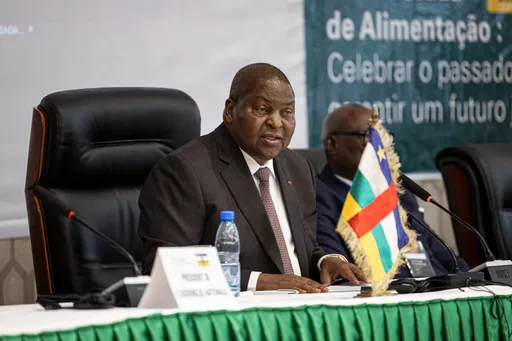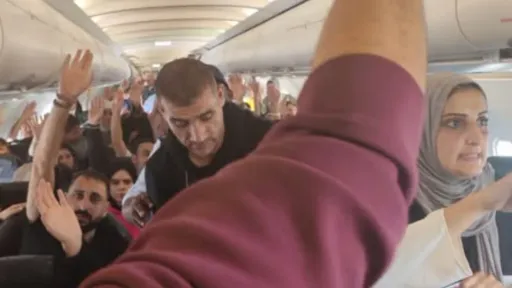International peace efforts are underway to end the ongoing humanitarian crisis in Sudan and stop the Rapid Support Force's (RSF’s) massacres against the people of Darfur.
Accordingly, the United States of America, Egypt, Saudi Arabia, and the United Arab Emirates (UAE) established a joint committee to coordinate Sudan's urgent priorities.
While the RSF are embroiled in a horrific existential and humanitarian war in Sudan, most recently committing organized war crimes in the cities of Al Fasher and Bar in Darfur and Kordofan, there are reports of indirect talks in the United States under the umbrella of the Quartet, which, in essence, must be rejected because their outcome since 2022 is yet to put a stop to the devastating war.
On the other hand, Türkiye has always stood by its Sudanese friends and brothers and made great efforts to end the conflicts in the country. For these reasons, the UAE must be replaced by Türkiye in the "Quartet" for peace in Sudan. Of course, there are specific reasons for this. We can list them as follows:
Türkiye is not biased, as it has not taken a position in favor of one side at the expense of the other. This gives it more room to negotiate with credibility.
Also Türkiye has a positive history and deep relations with Sudan, dating back to the Ottoman period. This history lays the foundation for trust and mutual respect between the two peoples.
At the same time Turkish President Recep Tayyip Erdogan, enjoys a positive reputation among the Sudanese people, including the political and military elite.
President Erdogan, emphasizes the humanitarian aspect of the crisis at every opportunity, rather than focusing on geopolitical gains. This is reflected in intensive humanitarian programs including food and medical aid supplies.
Türkiye’s diplomatic successes
Türkiye has a proven track record of diplomatic and mediation successes, particularly in Africa and the region. Examples include, but are not limited to.
1) Resolving the conflict between Ethiopia and Somalia in 2024, where Türkiye, led by President Erdogan, was able to end a long-standing dispute between Ethiopia and Somalia over Ethiopia's access to a seaport. This conflict had threatened the stability of the Horn of Africa for decades. Ankara succeeded where other international efforts had failed.
2) Mediation between Russia and Ukraine: Türkiye played a decisive role in facilitating the Safe Grain Corridor Initiative (Grain Agreement) between Russia and Ukraine in 2022, saving millions of people from starvation.
3) Mediation in Libya and Syria: Türkiye has been able to influence other complex conflicts in the region positively.
4) Mediation between Somalia and Somaliland: Türkiye hosted rounds of negotiations between Somalia and Somaliland (2013-2014), resulting in the "Ankara Agreement."
So, Türkiye has real and documented experience in dealing with complex, multidimensional conflicts. It has a strong diplomatic team led by Foreign Minister Hakan Fidan, who is considered one of the most skilled diplomats in the world.
On December 12, 2024, President Erdogan made a formal offer, contacting the head of Sudan's Transitional Sovereignty Council General Abdel Fattah Al-Burhan directly by phone and presenting a specific and clear proposal. Sudan immediately welcomed the initiative.
The President of Presidency’s Directorate of Communications and former Turkish Deputy Foreign Minister Burhanettin Duran traveled to Port Sudan on January 5, 2025 and met with Sudanese officials.
Burhanettin Duran was received by Al Burhan, Sudanese Foreign Minister Ali Yusuf El Sherif, and Minister of Finance and Economic Planning Cibril Ibrahim during his visit to Port Sudan.
During the meetings, bilateral relations and regional developments were discussed, and Türkiye’s determination to end the conflicts in Sudan was reiterated. Even the UAE agreed to Türkiye's role, which means that all parties concerned accept the Turkish mediator.
Ankara’s concrete steps for Sudan
It is important to note that: Türkiye did not stop at offers. It took real steps for real peace. Because Türkiye has a strong embassy in Sudan and genuine diplomatic capabilities, it has continued to provide consular and diplomatic services during the war. It has not withdrawn its diplomatic mission, unlike many major countries such as the United States, France, Germany, and others. Türkiye’s Ambassador Fatih Yıldız to Khartoum has always shown his support for his Sudanese brothers and sisters through his activities.
However, Türkiye has strong relations with many regional and international players like the United States, the European Union, Arab countries, including Saudi Arabia and Egypt, the African Union and regional organizations as well as Russia and China. This international network of relations gives Türkiye greater political flexibility and strong diplomatic presence in Sudan.
On the other hand Türkiye must be in the Quartet to urgently secure a ceasefire and subsequently establish peace in Sudan. In fact, Türkiye replacing the UAE, which the Sudanese government has consistently emphasized as supporting RSF, signifies the crossing of an important threshold for peace in Sudan.
In this sense, if Türkiye can lead direct negotiations between the Sudanese Armed Forces and the RSF paramilitaries, a neutral venue could be provided in Ankara or Istanbul.
Even though the UAE has consistently denied any involvement, the Sudanese government has made strong allegations that the UAE has provided weapons and mercenaries to the RSF. For this reason the UAE may try to object to being replaced by Türkiye. However, the UAE had already agreed to Türkiye 's role in December 2024.
After the war crimes and horrific killings that shook the world in the three days following the fall of Al Fasher, international pressure could force this change. The UAE may prefer to withdraw to save what remains of its reputation.
In conclusion, the choice is clear. The time is now. The international community must take this necessary step to save Sudan and its people from the RSF and foreign supporters.
The author, Dr. Mayada Kamal Eldeen is an Associate Professor of Political Science and International Relations, at Tokat Gaziosmanpaşa University, Türkiye.
Disclaimer: The views expressed by the author do not necessarily reflect the opinions, viewpoints and editorial policies of TRT Afrika.
